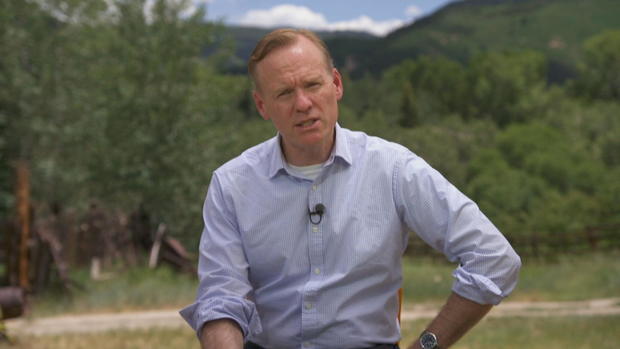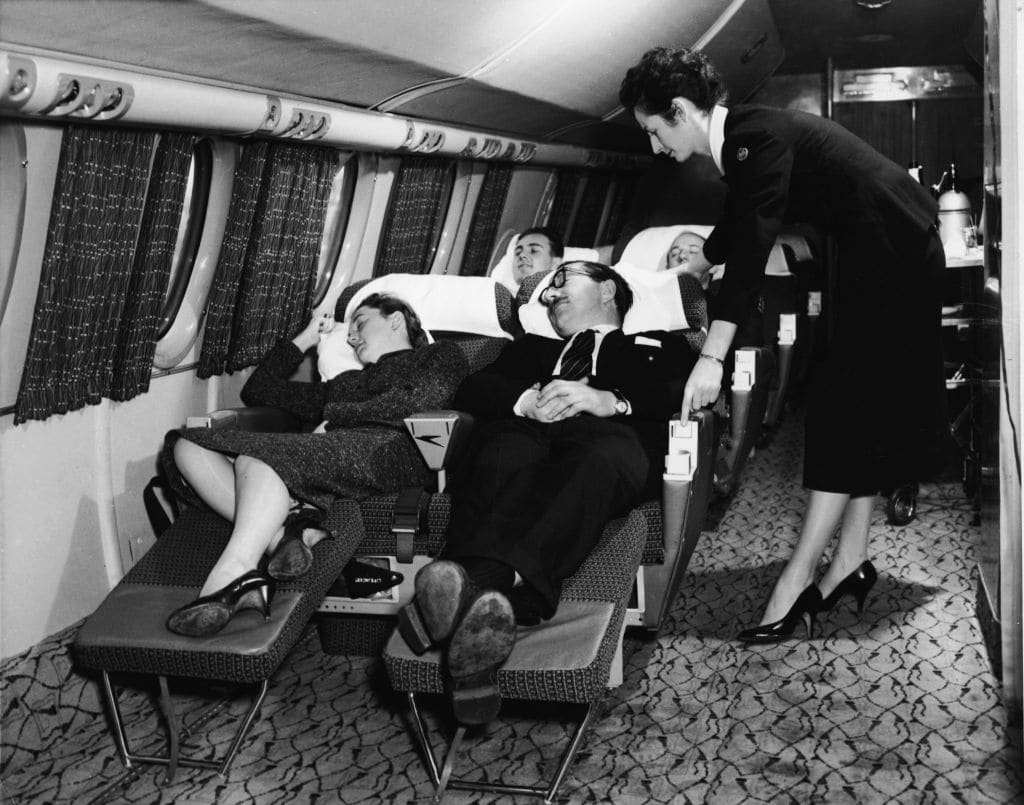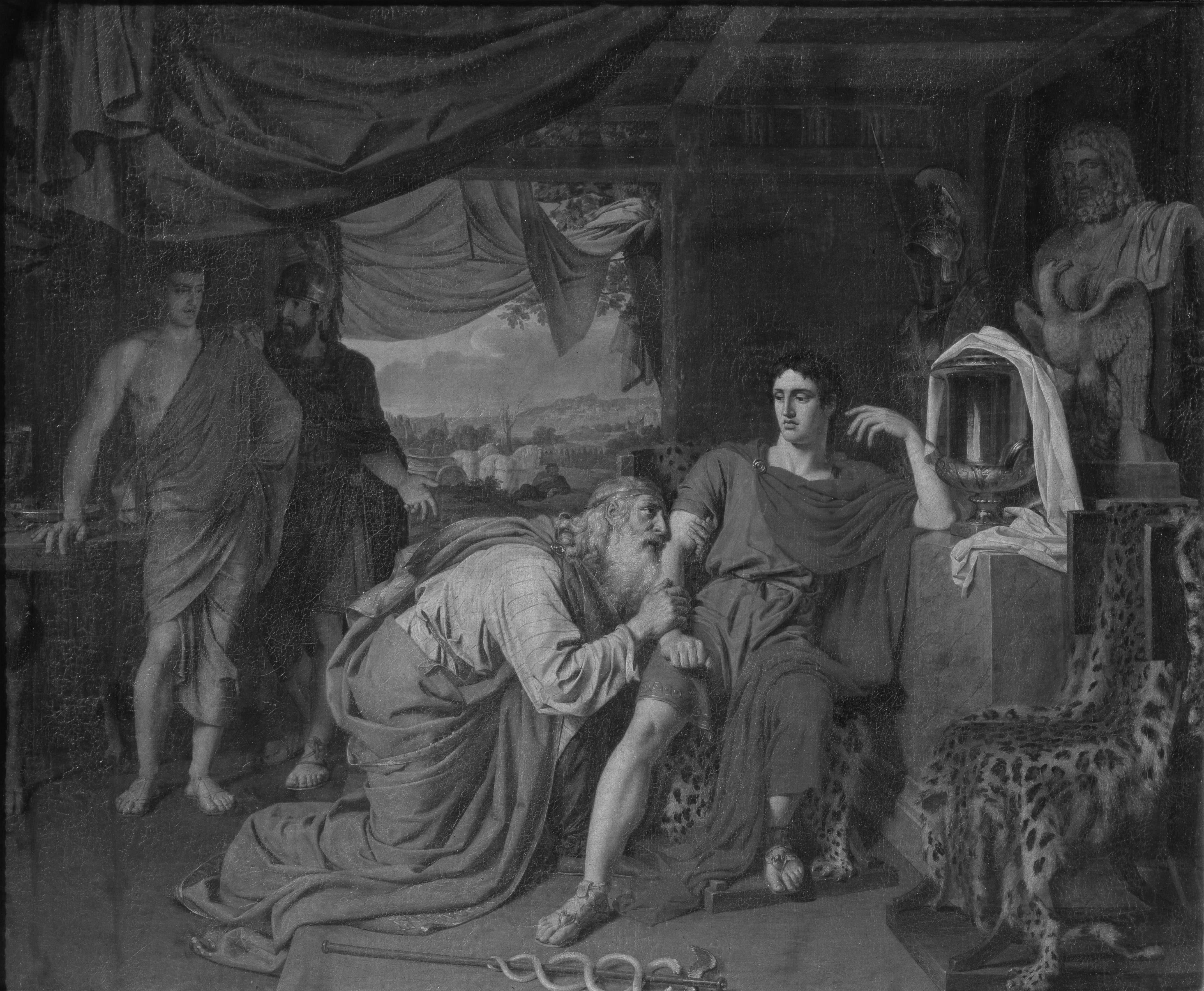Fourth of July is not just a celebration, but an assignment
"CBS This Morning" co-host John Dickerson shares his thoughts on the big stories of the week in our series Reporter's Notebook.
As we think about civility in politics, the Fourth of July reminds us that our origins were not civil.
The Tea Party was no tea party.
The founders knew we would be incivil and designed government to accommodate that; they also knew that incivility needed a purpose. The Declaration of Independence was an explanation of that original purpose written because Jefferson wanted to show "a decent respect to the opinions of mankind." If they were going to be uncivil, the declaration showed they still had respect for the larger audience, all of mankind.
So, the founders would ask of our present incivility is it rooted in anything larger? Or, is it just impulse, point-scoring and power-grabbing? When the president is uncivil is it for a higher purpose? Or is it confirmation that an impulsive president must be checked? When Maxine Waters rails, can we hear a universal value? Or is she just rallying the mob? This test can be applied to our chants at rallies and our behavior at restaurants, too.
The Fourth of July is not just a celebration but an assignment. Jefferson asked that "the annual return of this day forever refresh our recollections of these rights, and an undiminished devotion to them." Listening to the founders might sound quaint while we're blow-torching each other on Twitter, but even during America's most difficult time, Abraham Lincoln built the Gettysburg Address around those values in the Declaration of Independence.
The founders knew that we would sometimes treat each other like dogs, but because we were an example to the world, that we would all strive to do better. Refreshing that faith is why Wednesday should be more than just another day off.






